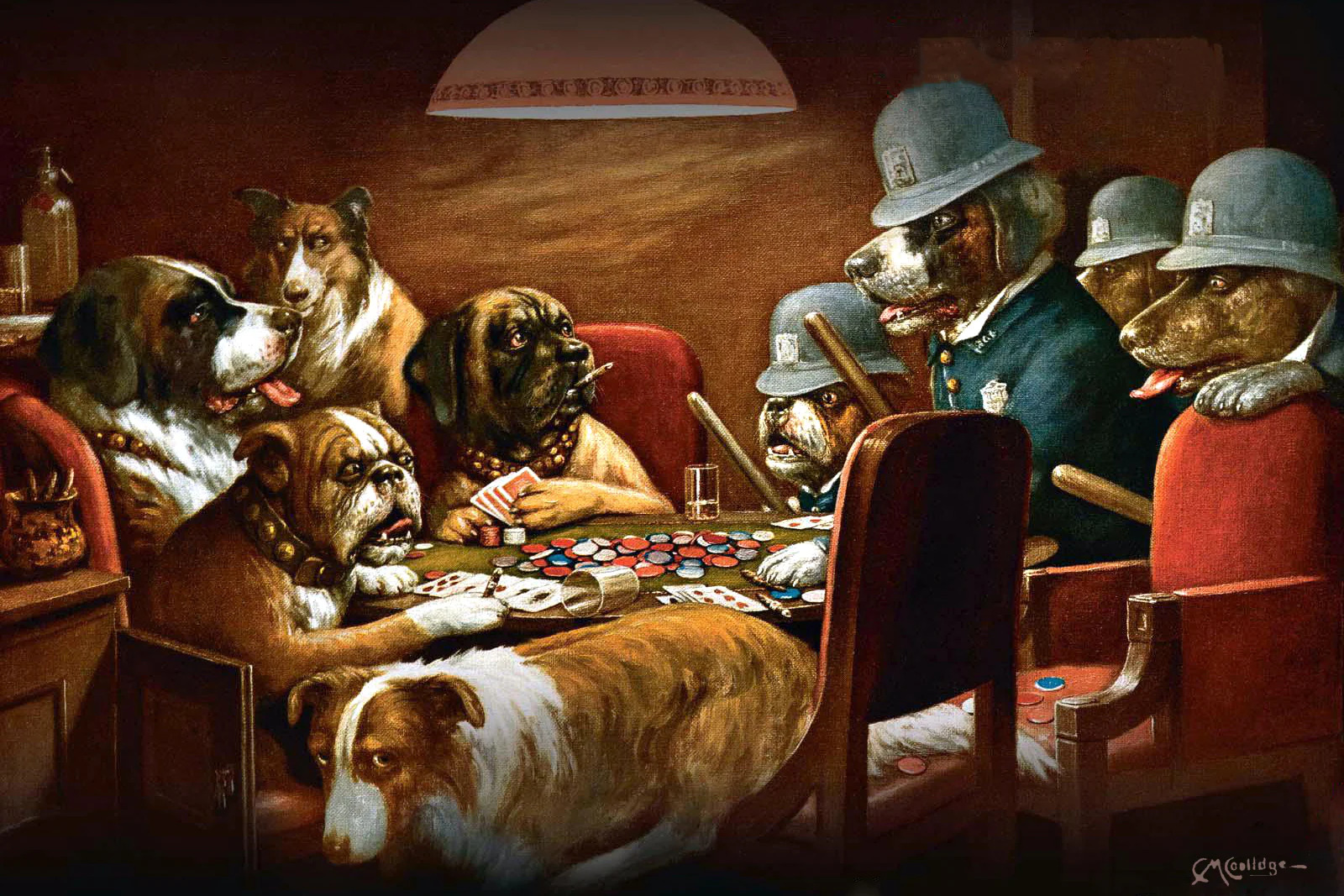.jpg/800px-Zampieri_-_Adam_et_%C3%88ve_(d%C3%A9tail).jpg) |
| These SPs don't understand why they're being fired. [Adam et Ève wikimedia] |
One of the worst parts about being an SP is that because SPs are often temporary or tentative contract workers, SPs can be dismissed for almost any or no reason at all.
But schools handle SP disciplinary issues in a variety of ways. Because these processes -- and the rules it takes to invoke them -- are frequently unspecified when SPs are hired, it leaves us feeling both vulnerable and confused when an issue arises.
Based on my experience, there are several ways schools deal with SP disciplinary issues:
- No warning: Rarely, a school has an SP they know shouldn't be there, but the supervisor(s) never confront the SP due to a fear of conflict or a limited SP program.
- No warning: More commonly, if a school decides there is an issue with an SP, they just stop scheduling the SP without directly addressing the issue. If the SP then contacts the school to inquire about work after a gap, it is considered an acceptable response to tell the SP s/he will be contacted when work is available -- but without saying it never will be. That misdirection is disrespectful and keeps the SP from finding another job.
- No warning: Sometimes a school fires an SP without communicating the complaint until the time of the firing. This means the SP is unable to remediate or improve performance for that -- or any -- school.
- 1 warning: Better schools directly address an issue of complaint with an SP at least once before firing them. The issue should be presented with kindness, clarity and an expectation of good intentions. If the SP does not improve, the SP knows they will be terminated. That's a lot of pressure to get it right.
- 2+ warnings: The best schools offer an initial warning about the behavior with concrete recommendations for change and a check-in process. If the SP does not improve immediately, one or more additional remediations may be required, each with a clear sense of changes and consequences, including possible termination.
- Infinite warnings: This is also unusual, but sometimes a school continues to give an SP feedback about an issue but the supervisor(s) never follow through with consequences. This can happen with a small SP pool where that particular SP's demographics are rare. But it is bad for learners and may erode standards for other SPs in the pool.
Since SPs are employed so precariously, the power differential means supervisors have a responsibility to act ethically despite the potential for uncomfortable conversations. Schools should role model the behaviors they expect SPs to exhibit to learners during difficult feedback.
As an SP, I want to clearly understand the process for termination for each school. In addition, I want schools to do more to help prevent SP issues from the start. Working in education creates a higher standard for educating employees. Because each school has different and even conflicting details (e.g.: does an SP give feedback about student appearance or not?), new SP training is crucial to keeping SPs from inadvertently breaking a rule they didn't know existed. Good event training (as opposed to irregular event training) would help set appropriate expectations for every SP, every time. And annual reviews would make sure each SP has a clear understanding of areas of improvement before they becomes crises.
Setting the standard:
Schools should offer new SPs training which includes clear expectations for SP behavior as well as the process for remediation and termination. Annual employee training should review those expectations. Individual event training should reinforce standards the school would find actionable. Once a problem is identified, a school should give at least two chances for SP remediation (though not infinite). The SP should be observed in future encounters and given concrete ways to improve performance. If the SP does not improve, the school can release the SP with a clean conscience.




